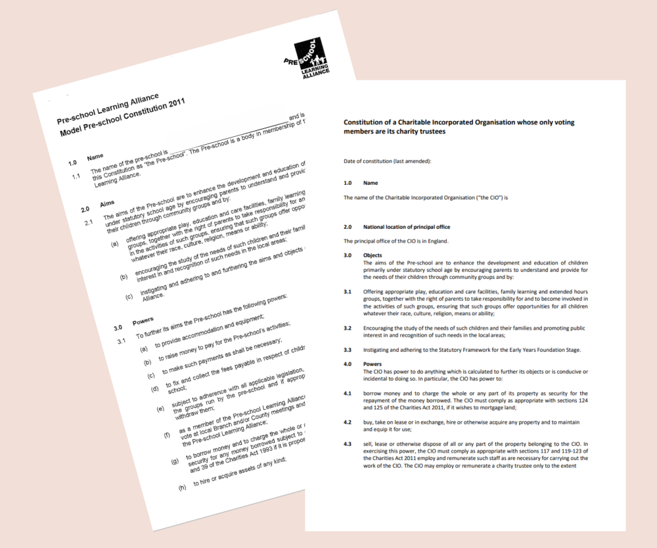Taking ownership of your mental health
- Sally Gridley

- May 12, 2025
- 3 min read

For a long time, I thought I was coping. People asked how I was and I replied with the customary smile and “yes I’m good”
But internally I was anything but okay. The combination of a second workplace restructuring in three years and personal pressures pushed me into a spiral of severe anxiety and depression until one day, the wall I had been building up around me came crashing down. I ended up being off work for five months. For the first six weeks, I didn’t even leave the house, the thought of facing the world was too overwhelming. Coming back to work after that time away was one of the hardest things I’ve ever done.
Mental health isn’t always visible. It doesn’t always come with a clear timeline, and recovery doesn’t follow a smooth path. Even now, more than a decade on, I still struggle with crowds and unexpected changes. But through counselling and the decision to take ownership of my own wellbeing, I’ve learned how to better manage it — and at the beginning of Mental Health Awareness Week I want to share what I’ve learned, and what employers can do to help others who might be silently battling their own struggles.
Why monitoring your own mental health matters
After four years of weekly counselling, I had a turning point: I realised that no one else could do the work for me. I had to take responsibility for how I was feeling — not in a self-blaming way, but in an empowered one.
That meant tuning in to my emotional state regularly, creating a routine that worked for me, and planning ahead to reduce stress where I could.
These days, my staying mentally well looks like:
Checking in with myself and recognising early warning signs
Keeping a consistent routine
Planning my week so I’m not overwhelmed
Accepting that anxiety might still show up — and that’s okay
Mental health isn’t a switch you flip. It's more of a landscape you learn to navigate, and everyone’s map is different. Learning your own patterns and triggers is vital.
The role of employers
In my case, returning to work after a long absence was daunting. I was offered a phased return, which helped, but once I was officially back full-time the support largely disappeared.
Regular check-ins stopped, and I was left to quietly carry on, as if everything had gone back to normal.
But it hadn’t. And that’s the thing — we can’t assume someone’s okay just because they’re present.
Here’s what employers can do differently:
Offer ongoing support, not just during the crisis period
Create safe, private spaces for staff to talk. I once had a counselling session in a room with a part-glazed door right next to reception. I could see people walking by. I worried they could hear me. That anxiety pulled me out of the session. Privacy matters more than you might think.
Encourage open conversations about mental health, led from the top. You know your employees well enough to know that they're not okay even if they say they are. Challenge them on it, ask them 2are you really though?" This is often enough to start a conversation.
Train line managers to spot signs of distress and offer compassionate responses. I have a staff well-being toolkit that will help you to ask the questions that identify whether someone is at risk.
Avoid one-size-fits-all solutions — mental health is deeply personal
Final thoughts
It sounds like a cliché, but it’s true: it’s okay not to be okay. Asking for help doesn’t make you weak — it makes you human and for employers, the goal shouldn’t just be ticking the mental health box once a year. It should be about creating a culture where it’s genuinely safe to say, “I’m struggling.”
Mental health isn’t a side issue. It’s central to how people live, work, and connect — and it deserves our attention every single day.
There is lots of support out there and my phone is always on for anyone who is struggling. I'm not a mental health professional but I have two ears and sometimes all we need is someone to listen while we lighten the load.
Or you can call Samaritans anytime, day or night on 116 123. They’re there when you need them. Trust me. I know.







Comments